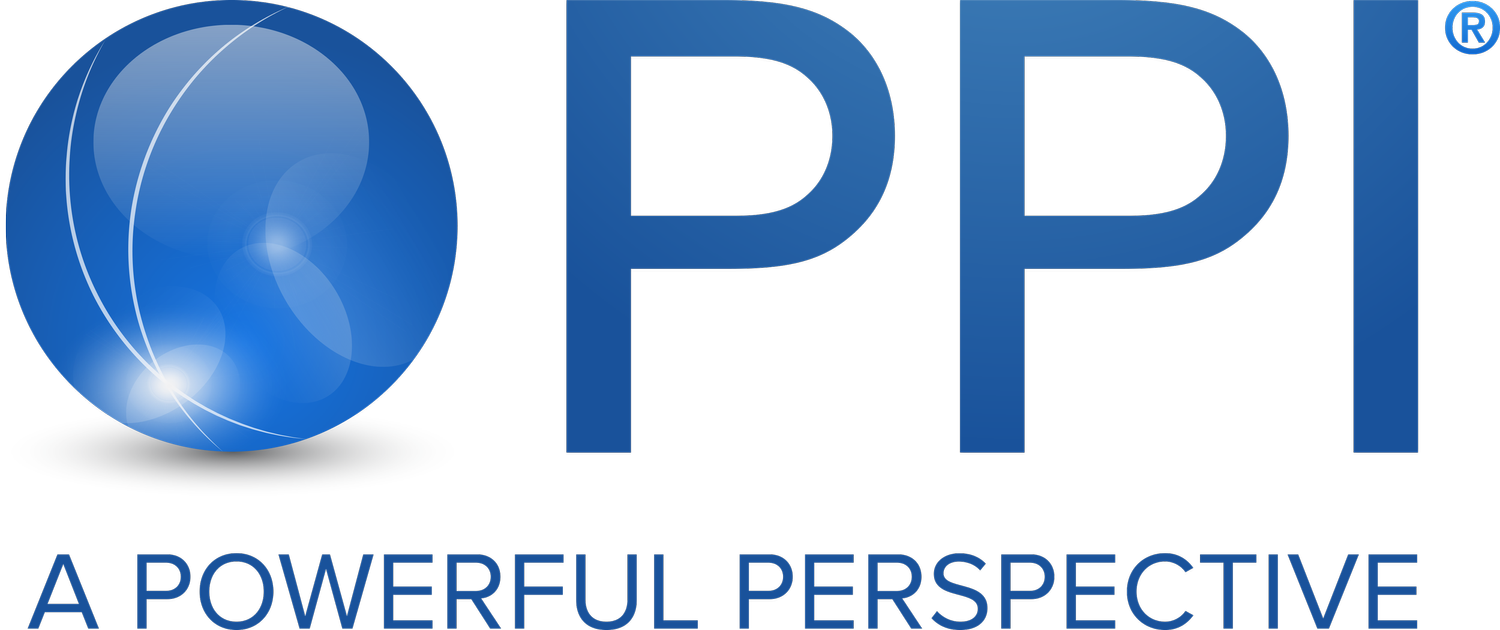INSIGHTS
PPI Roundtable - February 2021
The Pacific Pension & Investment Institute’s (PPI) roundtable on February 16-18, 2021 addressed the theme of Recovery and Reset: A Reality Check. Members took stock of global efforts to emerge from the pandemic as well as the associated investment opportunities and risks. These discussions occurred against the backdrop of a new administration in the United States, as well as a broader reassessment of investment strategies to ensure sustainability, social impact, diversity, equity, and inclusion.
The Global Economy and Asset Markets
Global economic recovery will vary across regions, depending on their fiscal and monetary responses. Asia is leading the way, signs of hope are emerging in the United States, while Europe is at an inflection point over its fiscal future.
The outlook for global equity markets remains optimistic, driven by a sugar high in the U.S. and strong performance in Asia. Potential risks include froth in the markets, the pace of economic recovery, inflation, and a possible taper tantrum in bond yields.
In a low-rate environment, and in anticipation of potential shifts in monetary and fiscal policies, investors are rethinking their fixed income holdings. However, this asset class offers stability to investment portfolios, and there are still pockets of opportunity within the fixed income universe.
The pandemic has accelerated some existing long-term trends, permanently transformed certain areas, and elicited only temporary shifts in other respects. Commercial real estate illustrates these impacts. While there are some short-term uncertainties, investors who commit capital today avoid missing out on opportunities when the world returns to relative normalcy.
Institutional investors agree that inflation is a risk. However, they debate the nature of that risk, the time horizon, or the viability of different inflation hedges. A distinction is drawn between financial asset inflation and the real economy.
Recent Developments in Asia
In China, new antitrust rules were implemented to address the societal impact of monopolistic practices and promote innovation. They also afford investment opportunities in smaller companies that can now compete with tech giants like Alibaba and Tencent.
A different set of challenges prevail in Southeast Asia, where global investors’ asset allocations are still exceedingly low. The Regional Comprehensive Economic Partnership (RCEP) would help reduce barriers to trade and investment by fostering regional economic integration, transparency, and predictability. Individual governments are simplifying investment laws and regulations, and more should be done to address the impediments to investors.
Driving Change Through Investments
Climate-Related Investments
Meaningful action on climate change requires both public policy and private investments, particularly to build resilience and innovative technologies. This is an area for U.S. cooperation with China. The latter has made great strides but will face significant political and economic challenges to meeting its climate targets.
Equity, Diversity, and Inclusion
Socioeconomic inequality is an often overlooked dimension which affects equity, diversity, and inclusion (ED&I) at both the national and corporate levels. In Asia, ED&I issues are gaining increased attention, especially with respect to gender. Investor engagement with portfolio companies can help mitigate these challenges.
Ensuring Impact
Actionable steps are needed for institutional capital to address the societal dislocations laid bare by the pandemic. Risk mitigation provides a powerful framework for investors, but it is not the only approach. Pandemic-related bonds, green bonds, and social bonds have provided new opportunities for driving impact through credit. Investors should have clear strategies to ensure that issuers achieve desired outcomes.
Lessons from 2020
The turmoil of 2020 prompted institutional investors, especially asset owners, to pay critical attention to liquidity, risk management, and organizational resilience. Looking to 2021, nimble portfolios are key, as is the ability to be both strategic and opportunistic.
